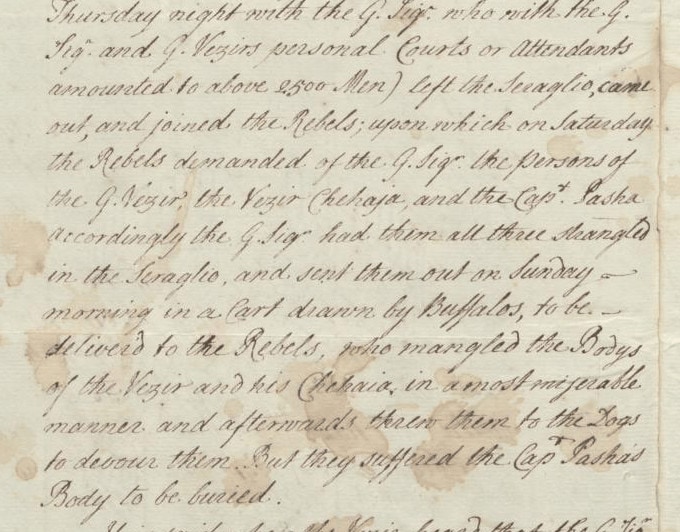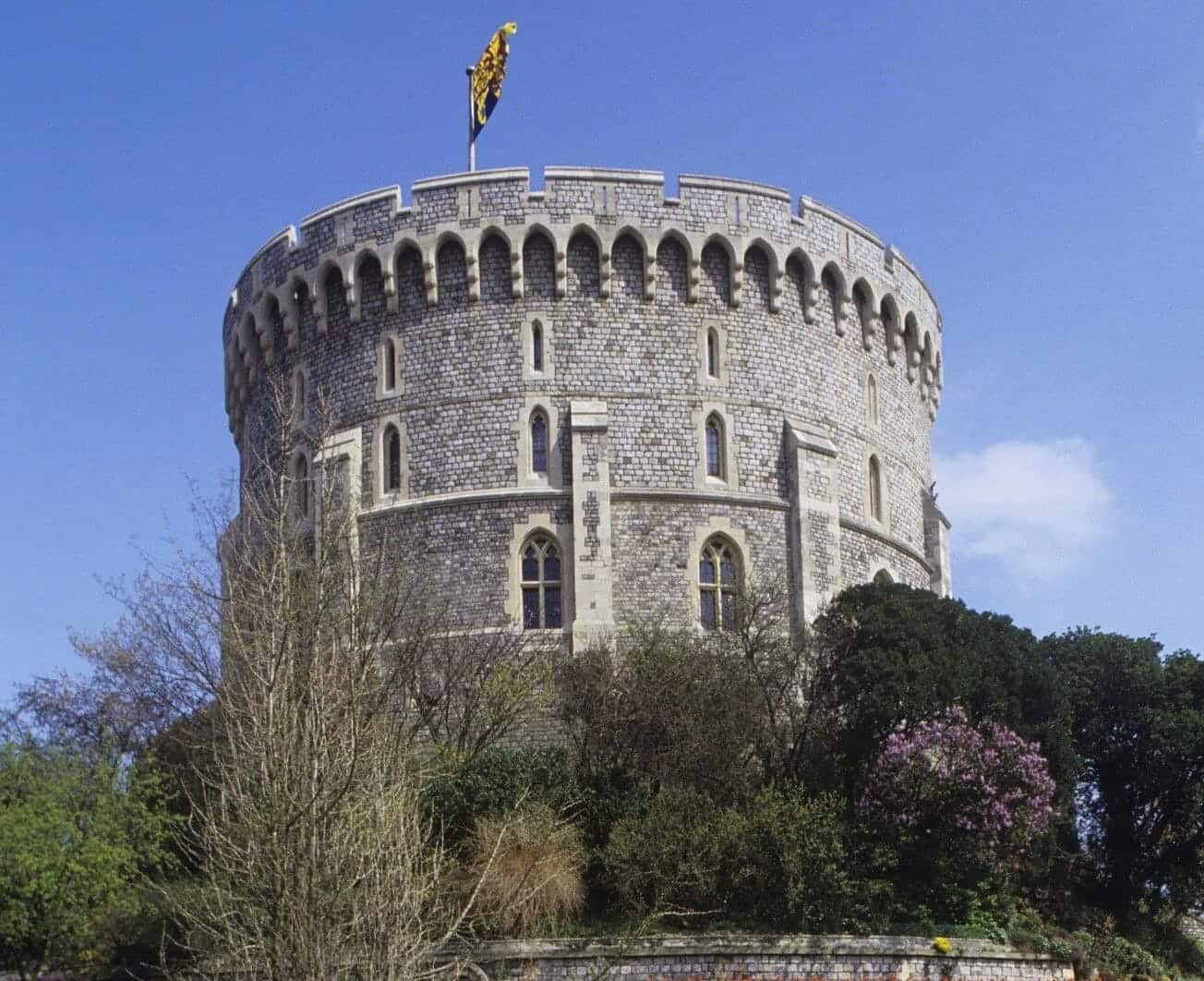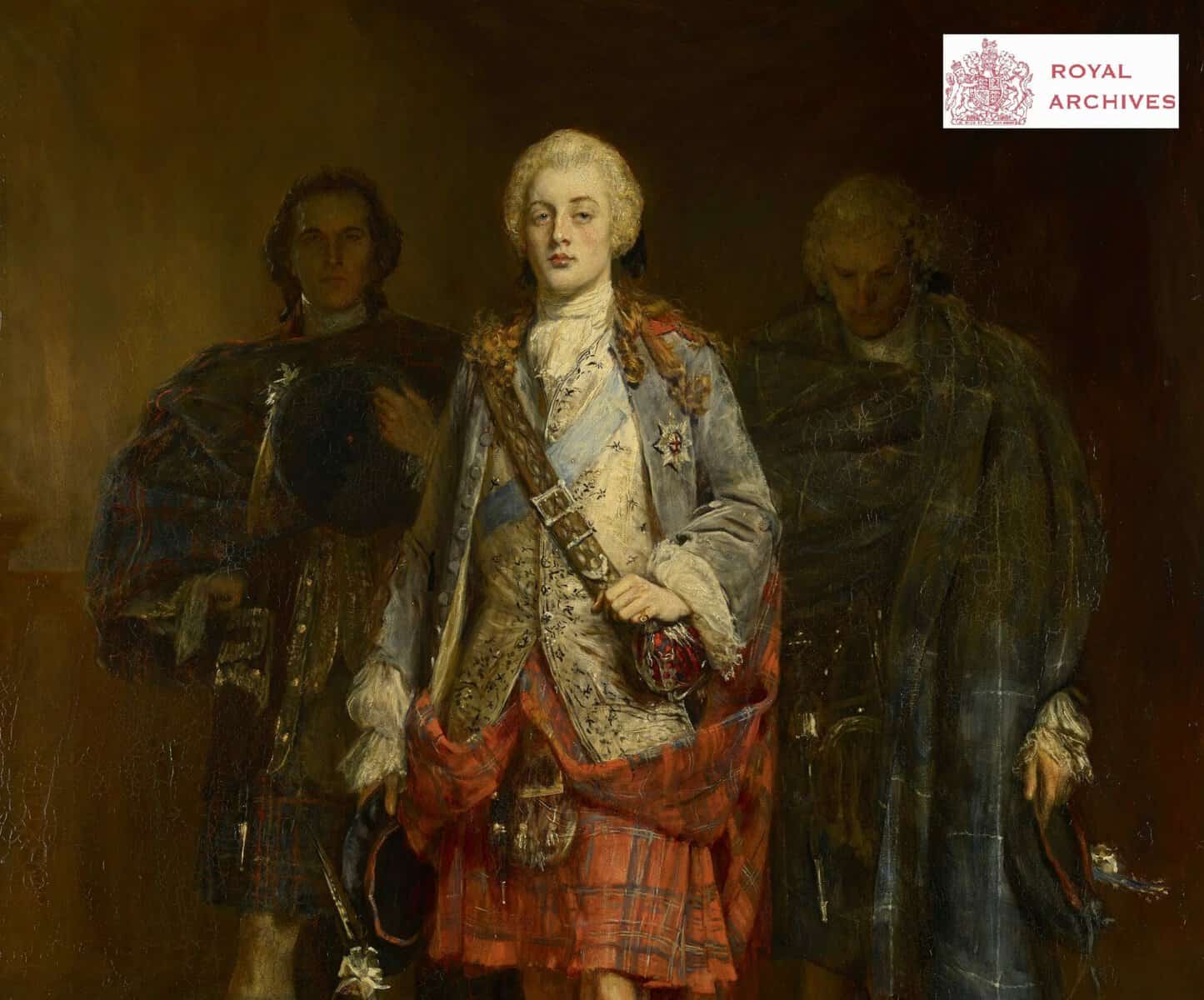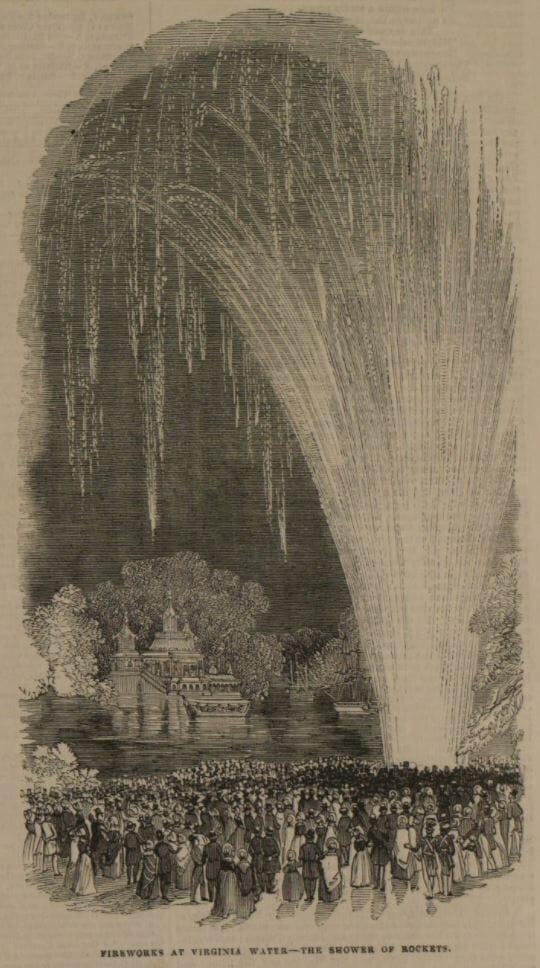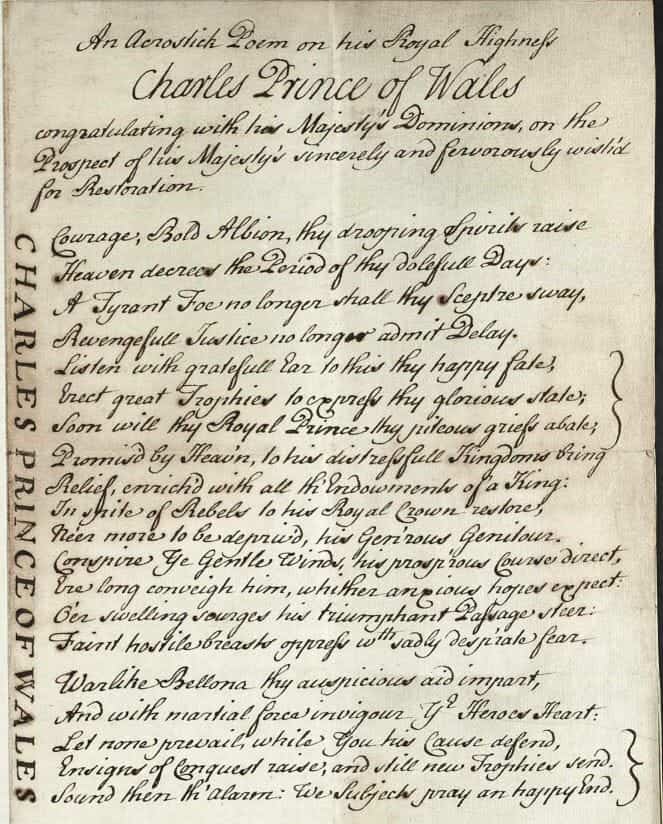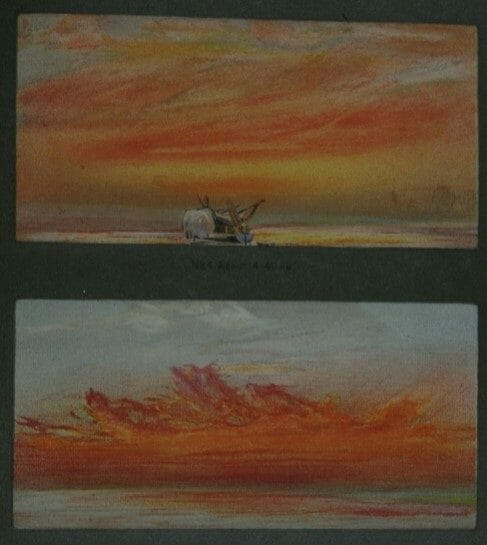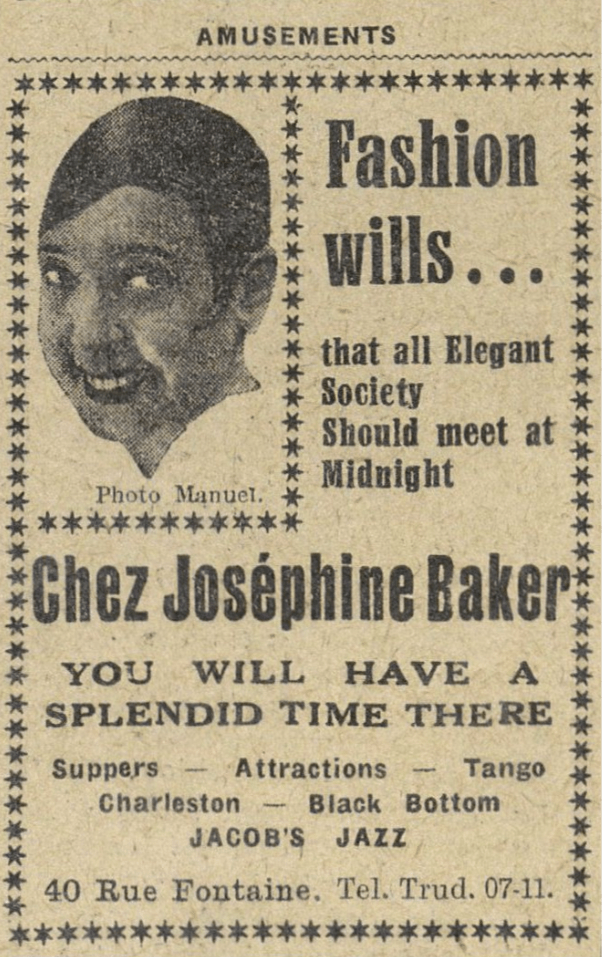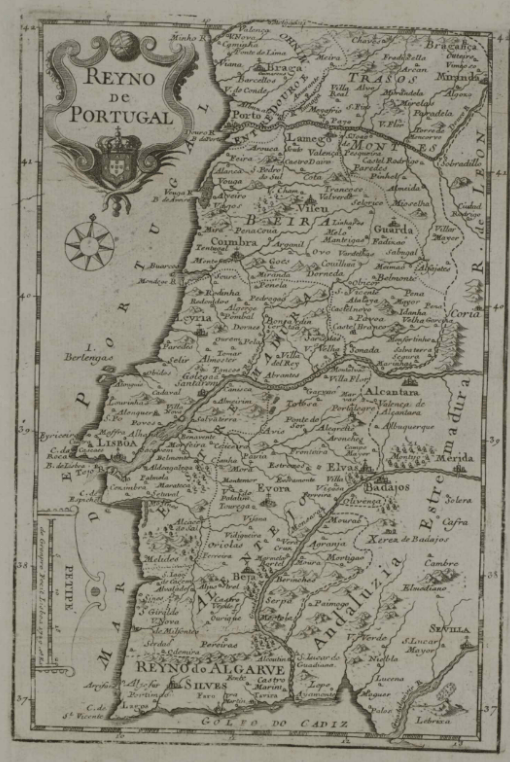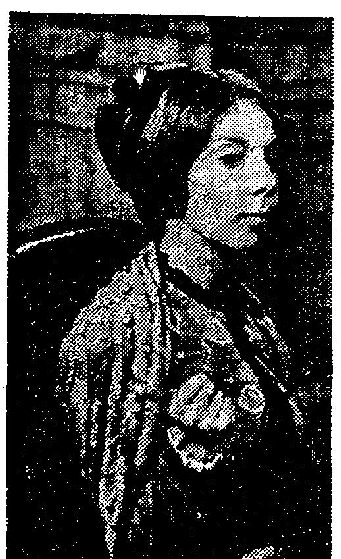State Papers Online Eighteenth Century, Part IV: Scandinavia, Eastern Europe and Turkey is now available. The final part in the State Papers Online Eighteenth Century programme, Part IV rounds out the State Papers collection of 1714-1782 with series from Denmark, Sweden, Poland and Saxony, Prussia, Russia, Turkey and the Barbary States, as well as volumes of Treaties, papers sent to the British Secretaries of State from foreign ministers in England, and ‘confidential’ and intercepted letters between key figures in international politics. Joining the domestic, military, naval and registers of the Privy Council of Part I to the full scope of the State Papers Foreign offered in Parts II, III and IV, the State Papers Eighteenth Century collection represents the government of Britain at home and abroad in unequalled depth.
Including primary source material spanning decades from some of the most powerful courts in Europe, there is much to be discovered. With such a wealth of material available, where to begin? In this blog post I providea starting point, exploring just some of the highs and lows of Part IV for researchers, scholars and the perennially curious to explore.

